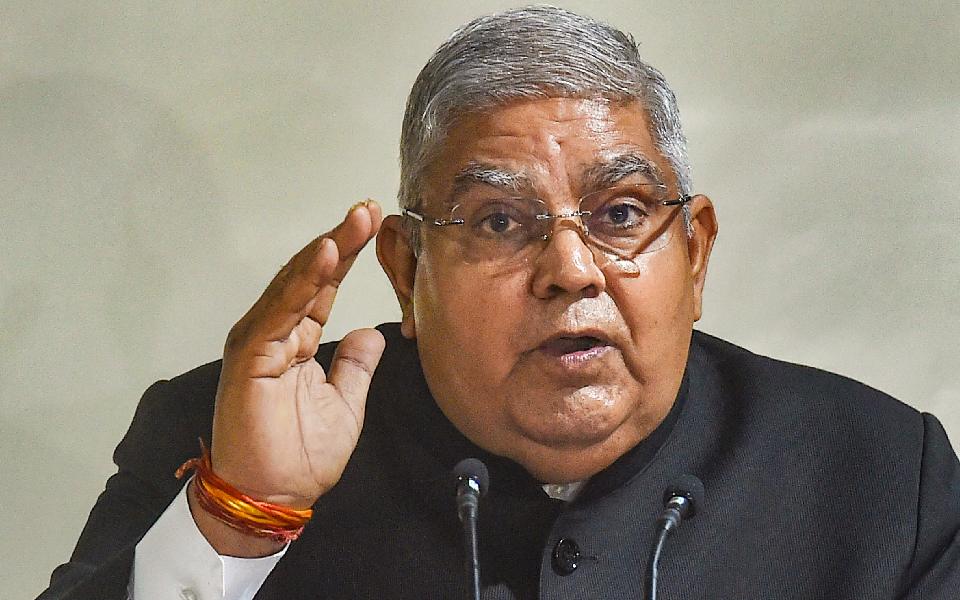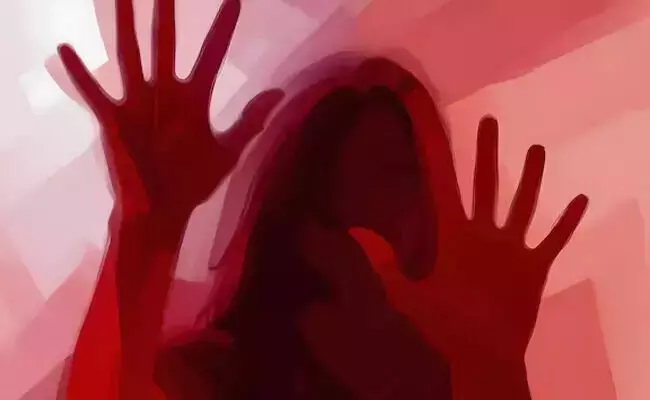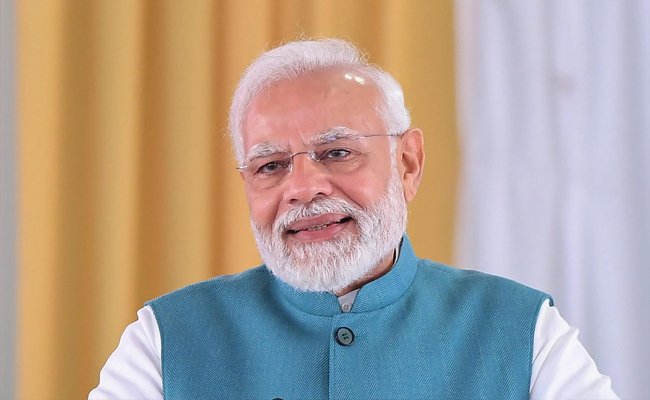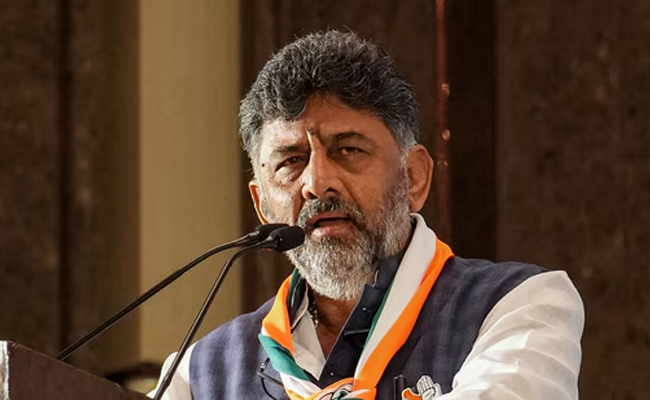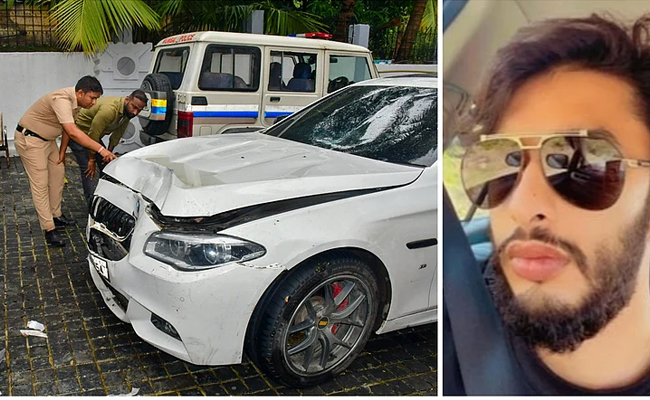Jaipur, Oct 19: Vice President Jagdeep Dhankhar on Saturday said commercialisation of education is adversely impacting its quality which is not good for the future of the nation.
Speaking at a function organised by a private educational institute in Rajasthan's Sikar, Dhankhar said, "I see all around that what began as charitable work has now become commerce. Education becoming a business is not good for the future of the nation."
Stating that education was never a source of income but a medium of sacrifice and charity to build a healthy society, Dhankhar rued that today it has become a commodity which is being sold for profit, thus adversely impacting its quality.
"In some cases, it is even taking the shape of extortion. This is a matter of concern," he said.
"While educational institutions should be financially sustainable, it is the responsibility of the industry to nurture them from time to time. Corporate houses should use their CSR funds liberally to build institutions and fund new courses. This will help the nation progress," Dhankhar said.
He also said that industries are the biggest beneficiaries of research and innovations, which give power to the nation in front of the world.
Students today want to study abroad but there are many opportunities in India and institutions and industry leaders should make them aware about them to stop the brain drain and loss of foreign exchange, the vice president said.
"The youth generally run behind 8-10 types of jobs but there are huge opportunities across various sectors. The basket of opportunities is getting bigger everyday but most of our students are not fully exposed to it," Dhankhar said.
"There is a need to create awareness among the youth about the ever-increasing basket of opportunities. I call upon the educational institutions and industry leaders to hold seminars and make the students aware about the different avenues available to them," he added.
Calling for optimum use of technology to give quality education to the students, the vice president also praised the National Education Policy which he called a "game changer".
Let the Truth be known. If you read VB and like VB, please be a VB Supporter and Help us deliver the Truth to one and all.
Gorakhpur (PTI): A hospital employee was booked for allegedly sexually assaulting a woman in the pretext of an ultrasound test here in the district women's hospital, police said on Saturday.
According to the complaint, the woman, a resident of the Gulriha area, visited the district women's hospital on Thursday morning for an ultrasound test.
She was directed to a room, where Abhimanyu Gupta was conducting ultrasounds. When her turn came, the accused allegedly stared at her and told her to remove all her clothes, claiming it was necessary for the test and that a massage would also be required, she said.
ALSO READ: UP: Girl kidnapped, raped multiple times over 25 days; accused held
The woman alleged that once she complied, the accused began making obscene advances and tried to force himself on her. When she screamed, he allegedly gagged her, abused her and threatened to kill her before pushing her out of the room.
She said her complaints within the hospital went unheard, forcing her to approach the police.
Taking cognisance of the complaint, the hospital administration constituted a three-member inquiry committee, officials said.
Senior consultant (paediatrics) Dr Jay Kumar said, "The woman has levelled serious allegations against a staff member. Senior officials have been informed, and a departmental inquiry is underway. Strict action will be taken if the charges are proved."
Kotwali Station House Officer Chatrapal Singh said a case has been registered, and efforts are on to nab the accused.

